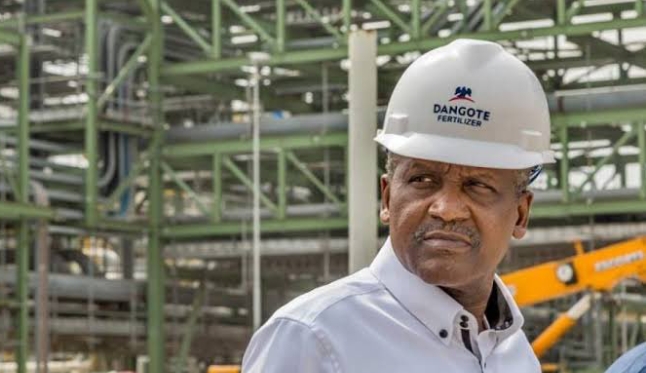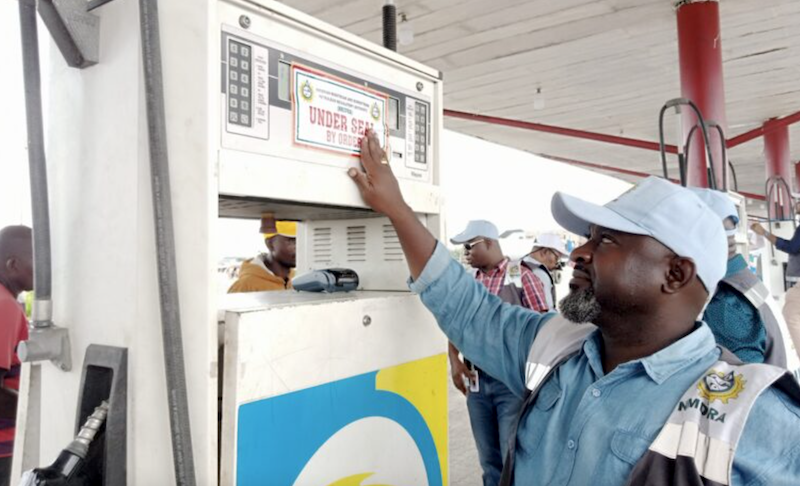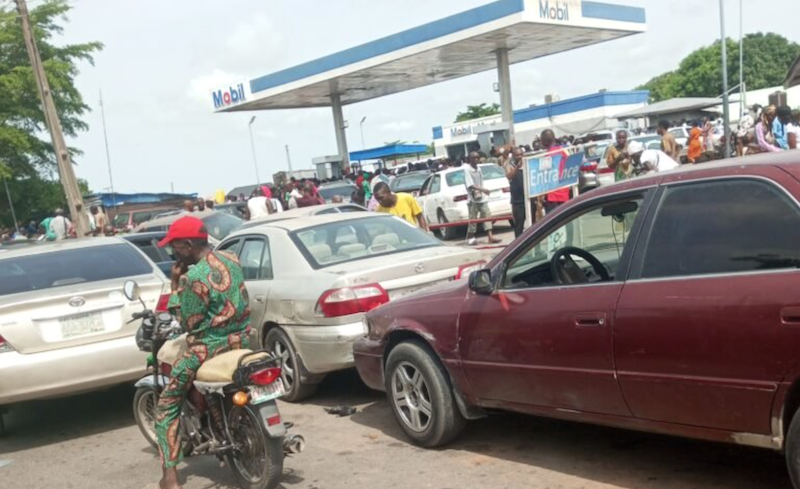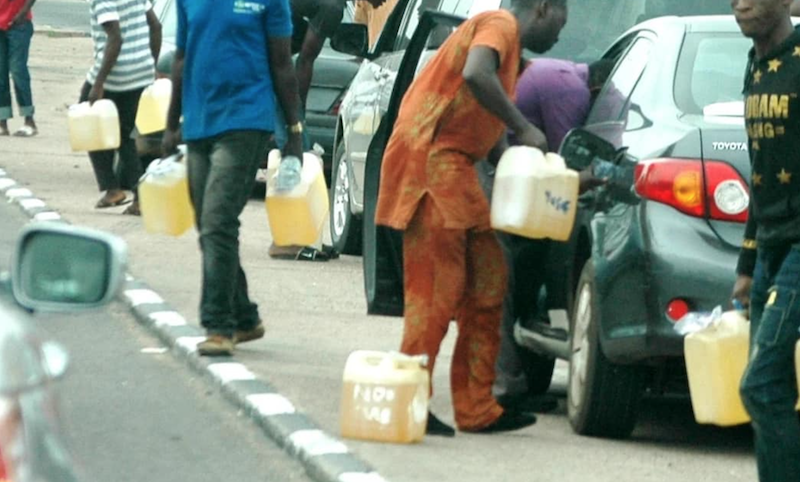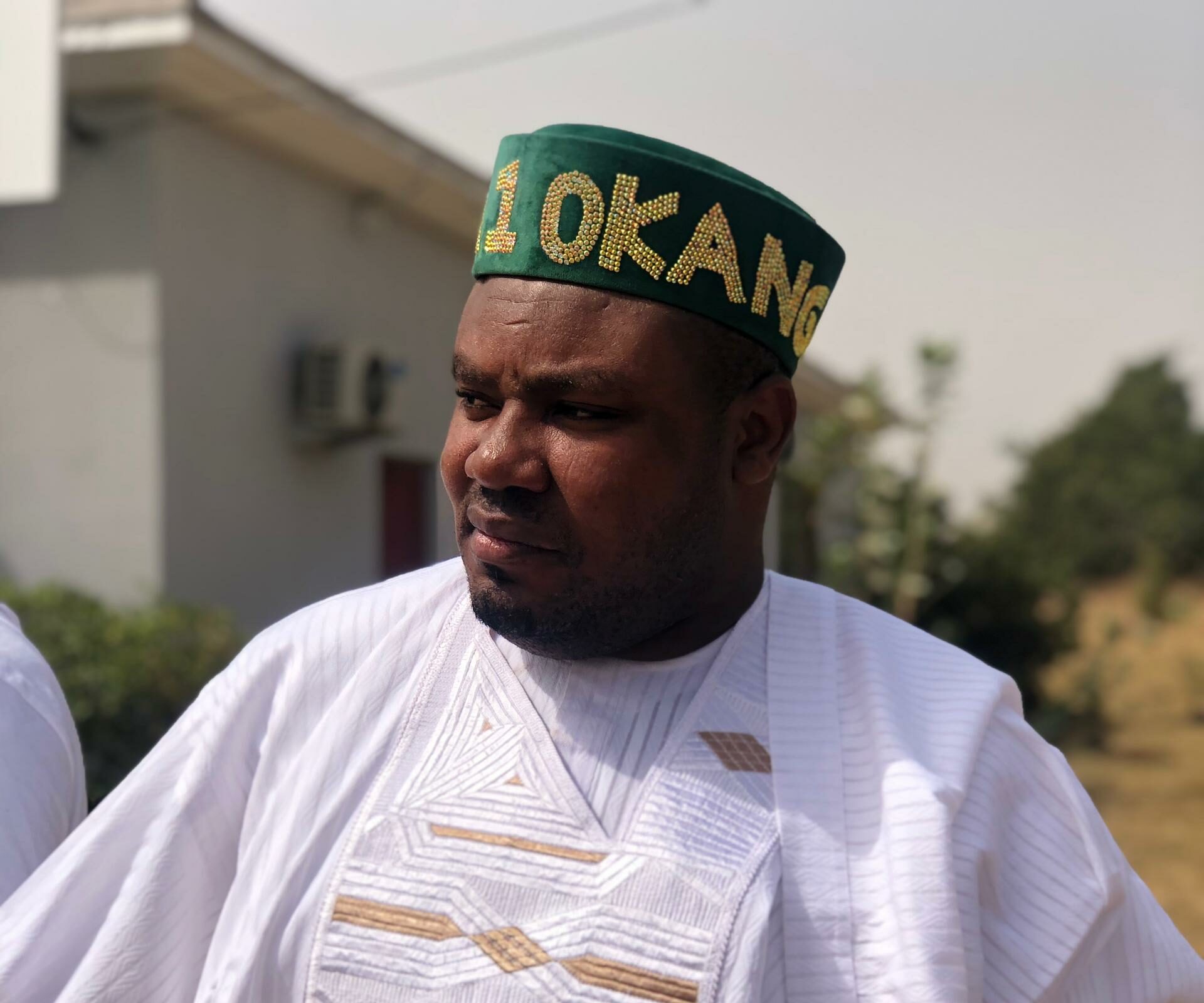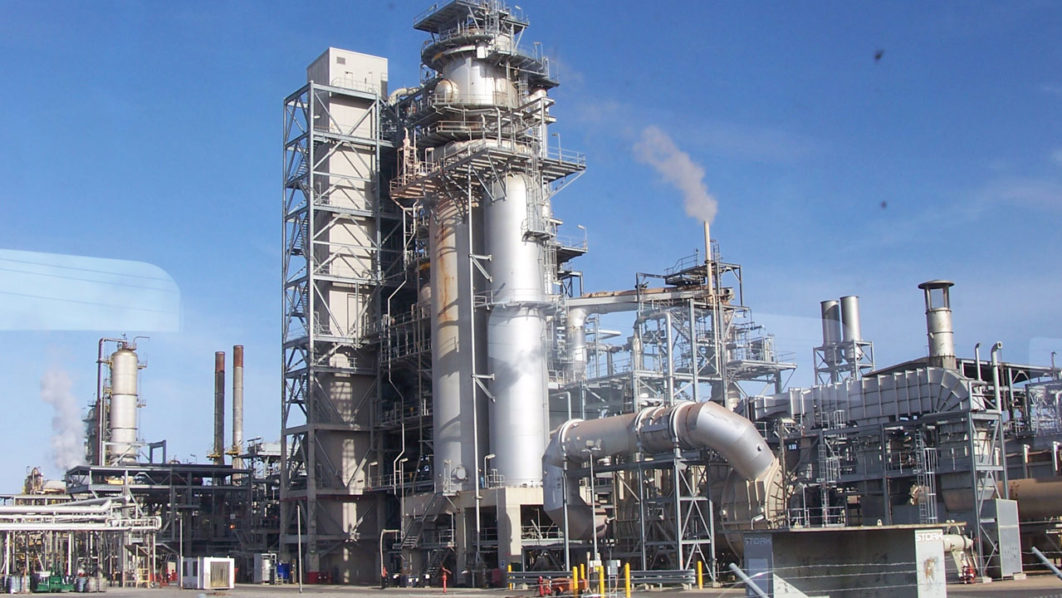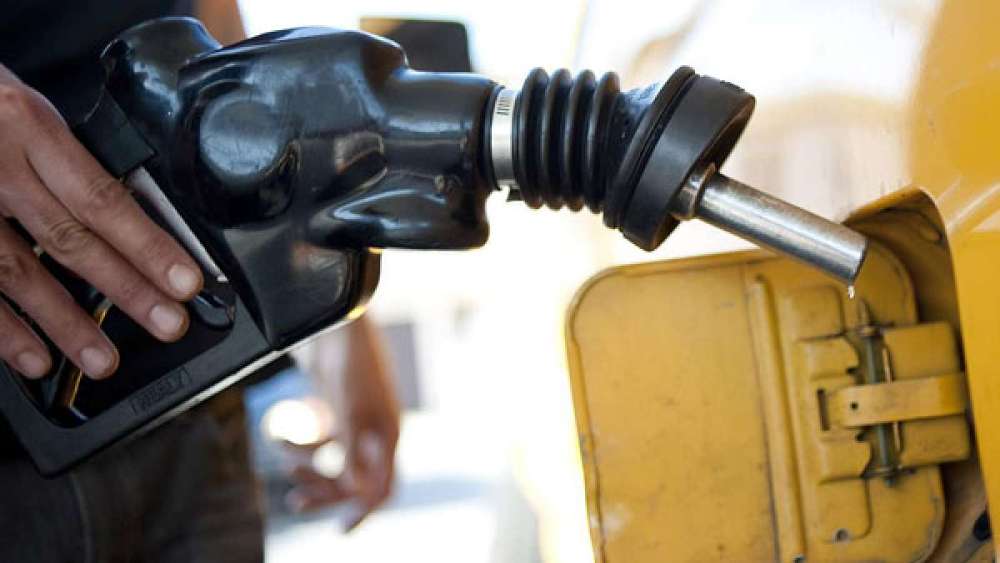The Nigeria Midstream and Downstream Petroleum Regulatory Authority (NMDPRA) has told a Federal High Court in Abuja why it issued oil import licences to oil marketing companies in the country to import petroleum products.
NMDPRA told Justice Inyang Ekwo in a counter affidavit its filed and deposed to by Idris Musa, a Senior Regulatory Officer in the office, against a suit filed by Dangote Petroleum Refinery and Petrochemicals FZE.
The regulatory authority, in the application dated and filed Dec. 13, 2024, said the current production of Dangote Refinery, the plaintiff in the suit, is yet to meet the national daily petroleum products sufficiency requirement.
“Consequently, and in compliance with Section 317 [9] of the PIA (Petroleum Industry Act), the 1st defendant (NMDPRA) issued licences to import petroleum products to bridge product shortfalls to companies with good track records of international products trading,” Musa said.
Recall Dangote Refinery had sued NMDPRA and Nigeria National Petroleum Corporation Limited (NNPCL) as 1st and 2nd defendants. Also joined as 3rd to 7th defendants respectively in the originating summons, marked: FHC/ABJ/CS/1324/2024 and dated Sept. 6, are AYM Shafa Limited, A. A. Rano Limited, T. Time Petroleum Limited, 2015 Petroleum Limited, and Matrix Petroleum Services Limited.
The oil company, through its lawyer, Ogwu Onoja, SAN, prayed the court to nullify import licences issued by NMDPRA to the NNPCL and the five other companies for the purpose of importing refined petroleum products.
The company (plaintiff) also prayed the court to declare that NMDPRA was in violation of Sections 317(8) and (9) of the Petroleum Industry Act (PIA) by issuing licenses for the importation of petroleum products.
It stated that such licenses should only be issued in circumstances where there is a petroleum product shortfall. It equally sought a N100 billion in damages against NMDPRA for allegedly continuing to issue import licences to NNPCL and the five companies for importing petroleum products, among other reliefs.
But the NMDPRA, through its officer, prayed the court to dismiss the suit as it is misconceived, unmeritorious and incompetent. Musa argued that Dangote Refinery is not entitled to any of the reliefs sought.
He said the key functions of NMDPRA is to ensure a vibrant petroleum sector which will be operated in line with international best practice.
He said it also ensures national energy security through continuity of supply and the prevention of abuse of the market by any individual or group, dominance and unhealthy monopoly, wherein a single company or entity will control the supply chain and determine the fate of over 200 million Nigerians.
He said in furtherance of the above objectives, the regulatory agency had supported and continued to support all local refineries to enable their optimum capacity utilisation while ensuring that national energy security is maintained.
According to him, as at 18th Jully, 2024, there are four functional licenced modular refineries.
“There are also four other refineries owned by the Nigerian National Petroleum Company Limited (NNPCL) which are currently at different stages of maintenance.
“At the second quarter of 2024, the plaintiff and the four functional licensed modular refineries produced Automative Gas Oil (AGO) and Aviation Turbine Kerosene (ATK) in considerable volumes,” he said.
Musa, however, added that NMDPRA was closely monitoring the development to ascertain when the locally refined output would meet the country’s daily petroleum products sufficiency.
Besides, he said the agency is also mandated to promote competition and prevent abuse of dominant market positions and unhealthy monopoly in the oil and gas sector.
“The Import volume to be allocated between participants (that is licensed importers) by the 1st defendant is based on the criteria to be setout taking into account the respective refining output in the preceding quarter of the year, the share of active wholesale customers, competitive pricing and prudent supply, storage and distribution track records.”
The official said there had been palpable uncertainties and instability regarding activities and capacity of the Dangote Refinery to solely cater for the petroleum products supply needs of the entire Nigerian population both in short and long term.
He said the alleged production capacity of the refinery as regards AGO and Jet Oil (Jet A-1) were estimations not backed with scientific proof and the NMDPRA, as regulators, cannot depend on such data to allow the plaintiff own the sole right to cater for the market.
He said, having taken cognisance of the current state of affairs and in consideration of the oil production output at the preceding quarter before the filing of the suit, NMDPRA found that it would be premature and imprudent to suspend the importation of petroleum products for other entities and simply hand over the sole supply right to Dangote.
He said the present market structure of local refining would not only result in a monopoly with its pricing implications but also put at risk the nation’s energy security “which is best assured through multiple supply sources given the present market structure of local refining.”
“The 1st defendant is however optimistic that the anticipated operationalisation of NNPCL’s four refineries in addition to increased output from the four modular refineries will improve the much-required competition in local refining, thereby mitigating the overarching concern of the creation of monopoly and its implication on energy security and pricing.”
Musa said contrary to Dangote’s argument, NMDPRA’s demand of 0.5 per cent levy is justified. He said the levy is prescribed by Sections 47 (2)(c) and 52(7) of the PIA and to be paid at wholesale points by the wholesale customer and not the producer and that this fact is well known to the plaintiff.
“The plaintiff (Dangote) cannot claim not to be bound by local laws due to its being in a free zone, whilst seeking to take the benefits of the same local laws,” he said.
According to him, the levies are due immediately upon the sale of petroleum products or natural gas to a wholesale customer and shall be remitted by the plaintiff to the 1st defendant.
“The plaintiff is to remit such levies to the 1st defendant not later than 21 days following the month of the sale,” he said.
The official explained that Dangote Refinery was supposed to keep record and or particulars of the levies received from the wholesale customers.
“I know as a fact that it was when the plaintiff failed to communicate its record of sales of petroleum products or natural gas and remit the statutory levies of 0.5% amongst others that the 1st defendant was constrained to issue a letter dated 10th June, 2024 marked as ‘Exhibit C’ in paragraph 22 of the plaintiffs affidavit.”
He said the procedure for the payment of the levies agreed is contained in the Midstream and Downstream Petroleum Fees Regulations, 2024, gazetted Nov. 4, 2024.
He said contrary to the company’s submission, it was untrue that the Dangote Industries Free Zone Regulation 2020 was enacted for it to carry out operations in the free zone “devoid of payment of all levies, taxes and rates by the federal, state and local government in Nigeria.”
He said it was incorrect to suggest that the refined products from the refinery is to be sold only to Nigerians.
“Rather, the plaintiff has stated through its alter ego that it need not sell products to only Nigerians, but can sell to other customers globally where there is a demand for same.”
Musa disagreed that Dangote Refinery’s local production of petroleum products obviates the need to issue import licences to other entities with the capacity to meet the market demands of the Nigerian populace.
“I know as a fact that the plaintiff does not have the capacity yet, to meet the entire local demand of refined petroleum products based on the count and readiness of its licensed and commissioned production lines.
“To ensure availability of products to meet the market demand in Nigeria, it is therefore the responsibility of the 1st Defendant to license qualified entities to cater for any shortfall and meet domestic demand.
“The 1st defendant granted licences to the 2nd to 7th defendants as companies with proven track records of international crude oil and petroleum products trading in line with the provisions of Section 317(8) and (9) of the PIA 2021.
“It is to meet the shortfall in the domestic supply so as to avoid the hardship and sufferings which inadequate products availability often causes on Nigerians,’ he insisted.
He denied the allegation that NMDPRA is partaking in any purported “grand conspiracy and concerted efforts” against the refinery, describing it as “an allegation for which the plaintiff has provided no facts or evidence in support.”
The NNPCL, in its preliminary objection dated and filed Nov. 15, 2024, prayed the court to strike out the case for being incompetent.
Also, the oil marketers, in a joint counter affidavit filed on Nov. 5, 2024, told the court that granting Dangote’s application would spell doom for the country’s oil sector.
According to them, the plan to monopolise the oil sector is a recipe for disaster in the country.
The three marketers; AYM Shafa Limited, A. A. Rano Limited and Matrix Petroleum Services Limited, in their response, said the plaintiff did not produce adequate petroleum products for the daily consumption of Nigerians.
Besides, they argued that there was nothing placed before the court to prove the contrary.
Justice Ekwo had fixed Monday (Jan. 20) for report of settlement or service.
